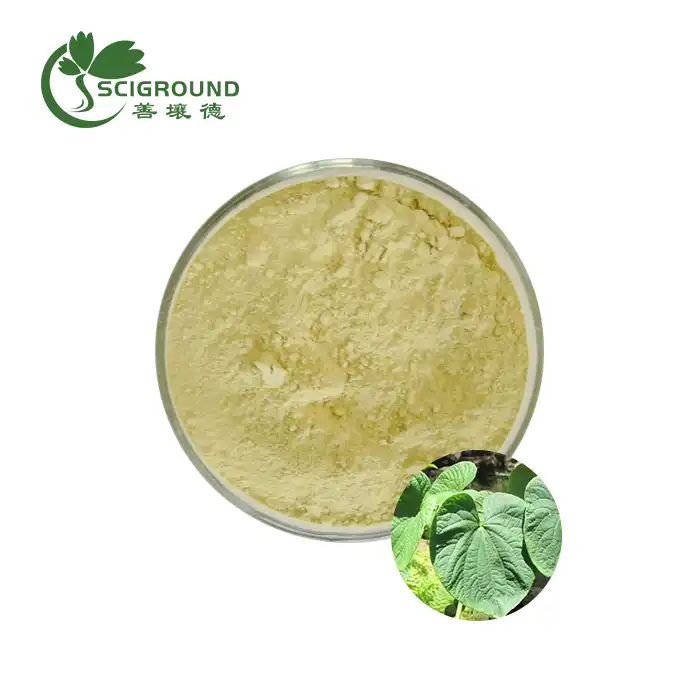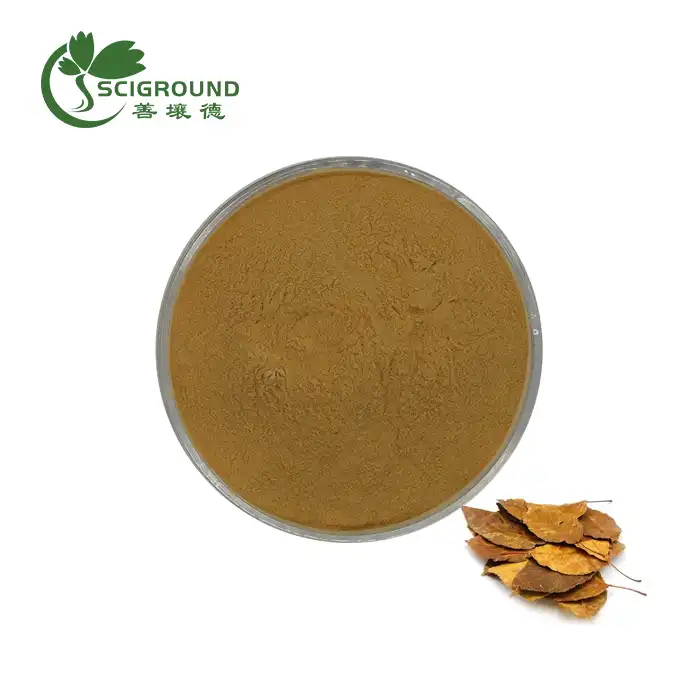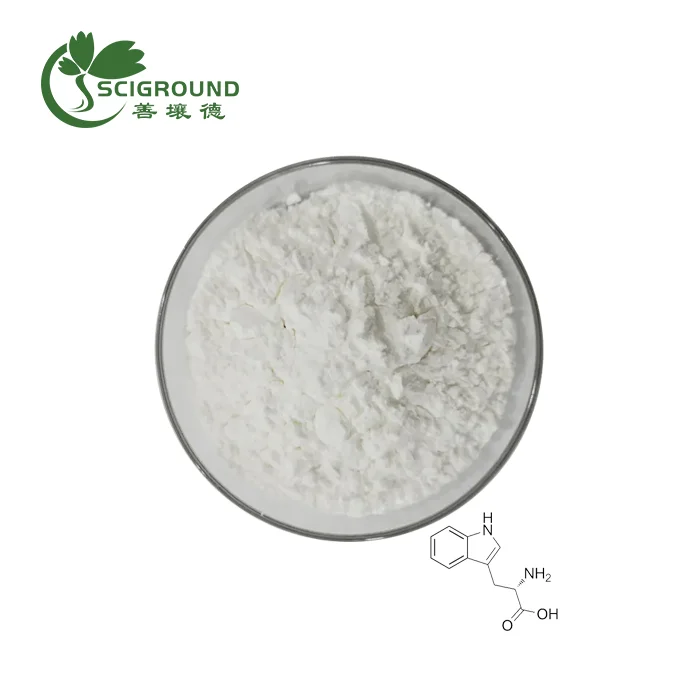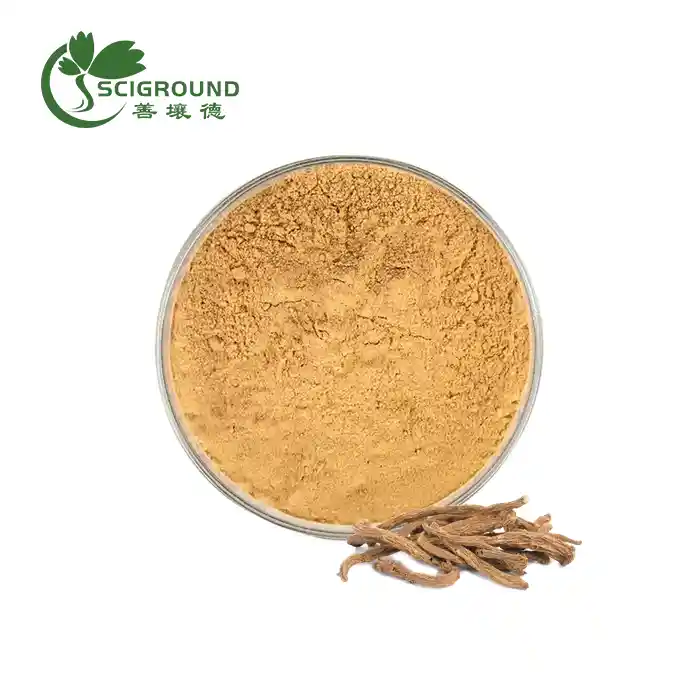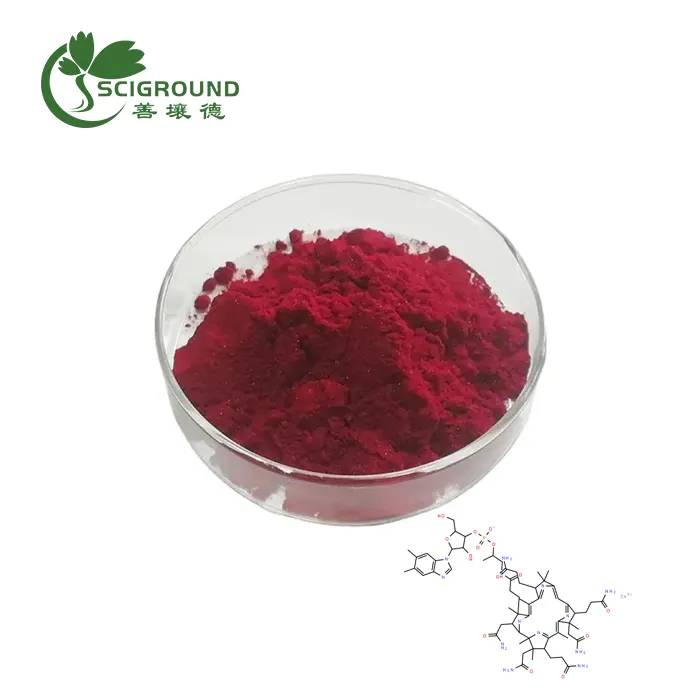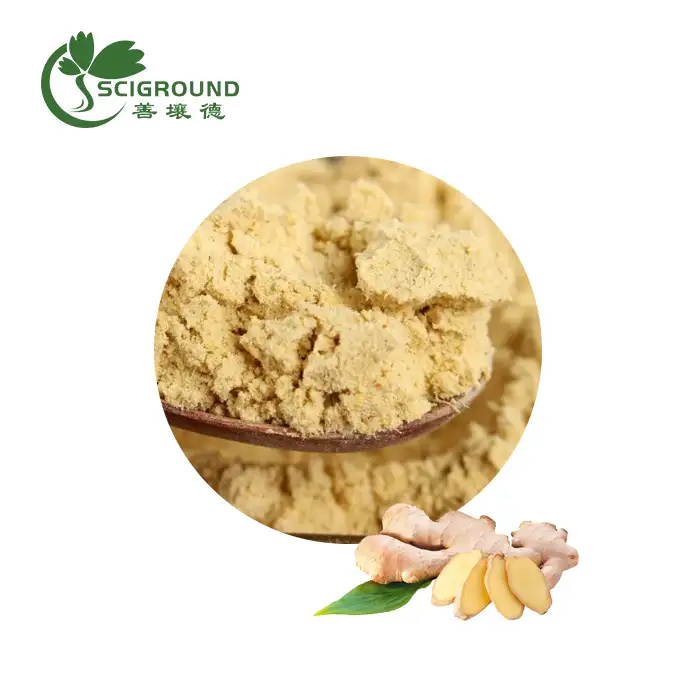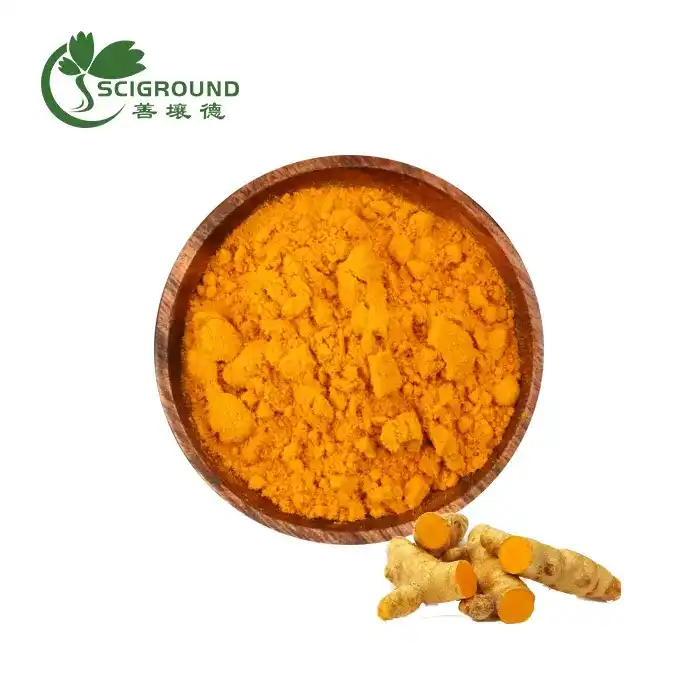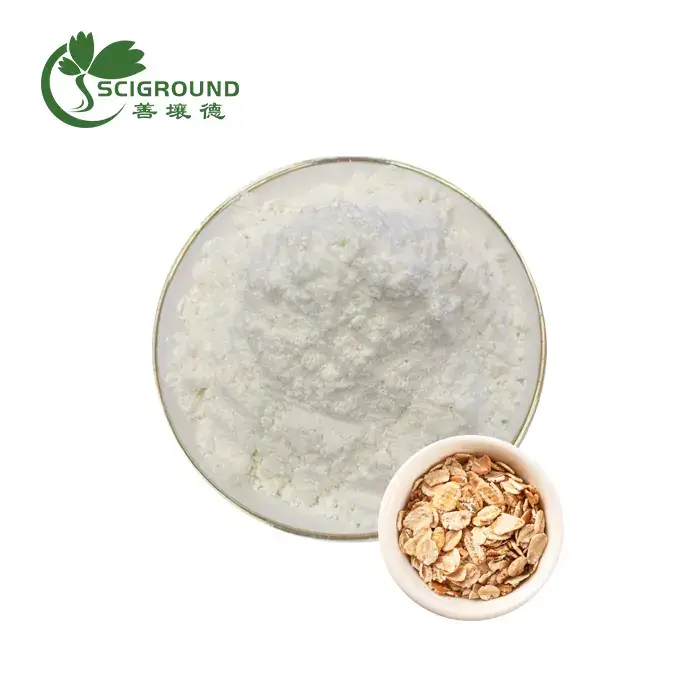How to Make Apple Extract
Apples, known for their crisp sweetness and health benefits, can be transformed into a concentrated elixir of goodness through a simple process known as apple extract. This DIY guide will walk you through the steps of making apple supplement extract at home, harnessing the nutritional power of this fruit.
Ingredients:
Apples: Choose fresh, organic apples for optimal flavor and nutritional content. The variety of apple can impact the taste of the extract.
Water: Filtered water is preferable to ensure the purity of your extract.
Step-by-Step Guide:
Wash and Slice:
Thoroughly wash the apples to remove any dirt or pesticides. Slice them into thin pieces, ensuring the inclusion of the skin and core, as these parts contain valuable nutrients.
Remove Seeds:
Remove apple seeds as they contain compounds like amygdalin, which can release cyanide. While the amount in apple seeds is generally small, it's best to eliminate them from your extract.
Combine with Water:
Place the apple slices in a pot and cover them with water. The ratio is flexible, but a common starting point is around two cups of water for every cup of apple slices.
Simmer:
Bring the water and apples to a gentle simmer. Avoid boiling, as excessive heat can degrade some heat-sensitive nutrients. Simmer for about 20-30 minutes or until the apples become soft.
Mash and Strain:
Mash the softened apples in the pot to release additional juices. Afterward, strain the mixture using a fine mesh sieve or cheesecloth to separate the liquid from the solid remnants.
Cool and Store:
Allow the extracted liquid to cool to room temperature before transferring it to a glass container with an airtight lid. Store it in the refrigerator for freshness.
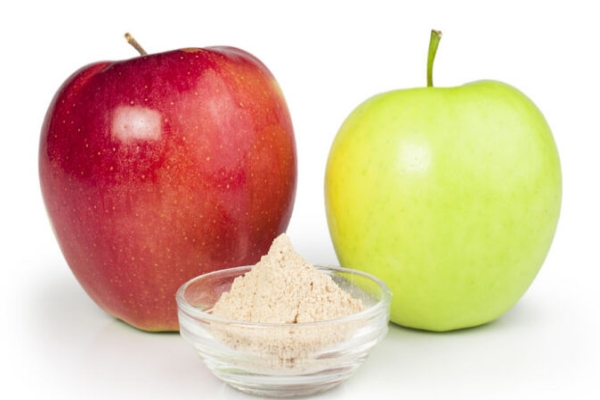
Tips for Enhancement:
Add Citrus Zest: For a burst of flavor and added nutrients, consider including the zest of citrus fruits like lemon or orange during the simmering process.
Cinnamon or Vanilla: Infuse your apple extract with warm, comforting notes by adding a cinnamon stick or a splash of vanilla extract.
Sweetener (Optional): Depending on your taste preference, you can add a natural sweetener like honey or maple syrup after straining.
Conclusion:
Making apple powder at home is a rewarding and straightforward process that allows you to capture the essence of this nutritious fruit. With a variety of potential health benefits attributed to apples, your homemade extract can be a versatile addition to beverages, recipes, or enjoyed on its own as a refreshing and healthful elixir. Experiment with different apple varieties and flavor infusions to customize your apple extract to suit your palate and nutritional preferences.
Is Apple Extract Good for Your Hair?
It has gained popularity in the beauty industry due to its numerous benefits for hair health. Many studies have shown that apple supplement can promote hair growth, strengthen hair follicles, and improve the overall condition of the scalp. The natural antioxidants present in the apple supplement help to combat hair loss and protect against damage caused by environmental factors. Regular use of apple powder in hair care products can result in healthier, shinier, and more manageable hair.
What is the Composition of Apple Supplement Powder?
The composition of apple supplement powder can vary depending on the specific product and its intended use. However, in general, apple supplement powders are made from dehydrated apples, often processed to retain the fruit's nutritional content. Here is a breakdown of the typical components found in apple supplement powder:
Dehydrated Apples:
The primary ingredient is dehydrated apple powder. This is made by removing the moisture from fresh apples, resulting in a concentrated form that retains much of the fruit's natural goodness, including vitamins, minerals, and fiber.
Vitamins and Minerals
Apples are a rich source of essential vitamins similar as vitamin C, vitamin A, and colorful B vitamins. They also contain important minerals like potassium and small quantities of others like calcium and magnesium. These nutritive rudiments contribute to overall health and well- being.
Fiber
Apples are known for their high fiber content, and apple supplement greasepaint generally retains a significant quantum of this salutary fiber. Fiber supports digestive health, helps with malnutrition, and may contribute to heart health.
Phytochemicals and Antioxidants
Apples are rich in phytochemicals, including flavonoids and polyphenols, which retain antioxidant parcels. These composites help neutralize free revolutionaries in the body, potentially reducing oxidative stress and supporting cellular health.
Natural Sugars
While the dehumidification process concentrates the natural sugars set up in apples, it's essential to note that the sugars are naturally being. The sugar content can vary depending on factors like the type of apple used and any fresh constituents in the supplement.
Flavor Enhancers( Optional)
Some apple supplement maquillages may include natural flavor enhancers, similar as cinnamon or vanilla, to ameliorate taste and add a hint of warmth to the greasepaint.
What are the Benefits of Apple Polyphenol Extract?
Apple polyphenol excerpt is known for its wide array of health benefits. It has been scientifically proven to haveanti-aging goods, thanks to its capability to neutralize free revolutionaries and promote collagen conflation. Regular consumption of apple polyphenol excerpt can help ameliorate skin pliantness, reduce wrinkles, and enhance overall skin radiance. also, apple polyphenols haveanti-inflammatory parcels, making them effective in soothing bothered skin and reducing greenishness.
At Sciground, we offer high-quality apple extract and apple polyphenol extract for various applications. Our extracts are carefully produced using advanced extraction techniques to ensure maximum purity and potency. If you are interested in incorporating apple juice extract into your hair care or skincare routine, don't hesitate to reach out to us at info@scigroundbio.com. We would be happy to provide more information and assist you with any inquiries you may have.
Contact us today and discover the incredible benefits of apple extract!
References:
Zujko, M. E., & Witkowska, A. M. (2019). Antioxidant Potential and Polyphenol Content of Selected Food. International Journal of Food Science, 2019, 7609828.
Boyer, J., & Liu, R. H. (2004). Apple phytochemicals and their health benefits. Nutrition Journal, 3, 5.
Related Industry Knowledge
- What are the benefits of Nettle powder?
- What is acipimox used for?
- Is ginkgo leaf extract safe?
- What are natural sources of DHM?
- What are the sources of Dihydromyricetin?
- What is Lion's Mane Mushroom Extract?
- Is vitamin b6 added to enriched grains
- Brown Rice Protein vs Pea Protein
- Corn Silk Extract Powder: Unveiling the Health Benefits of Nature's Hidden Gem
- Do bcaas help with weight loss
